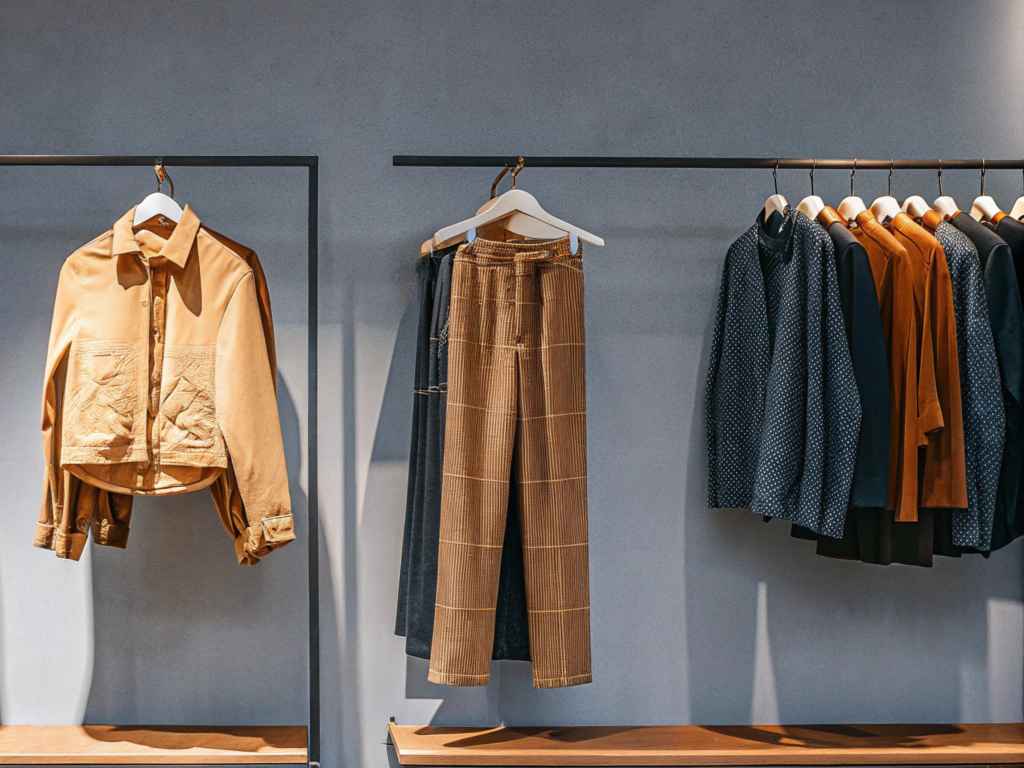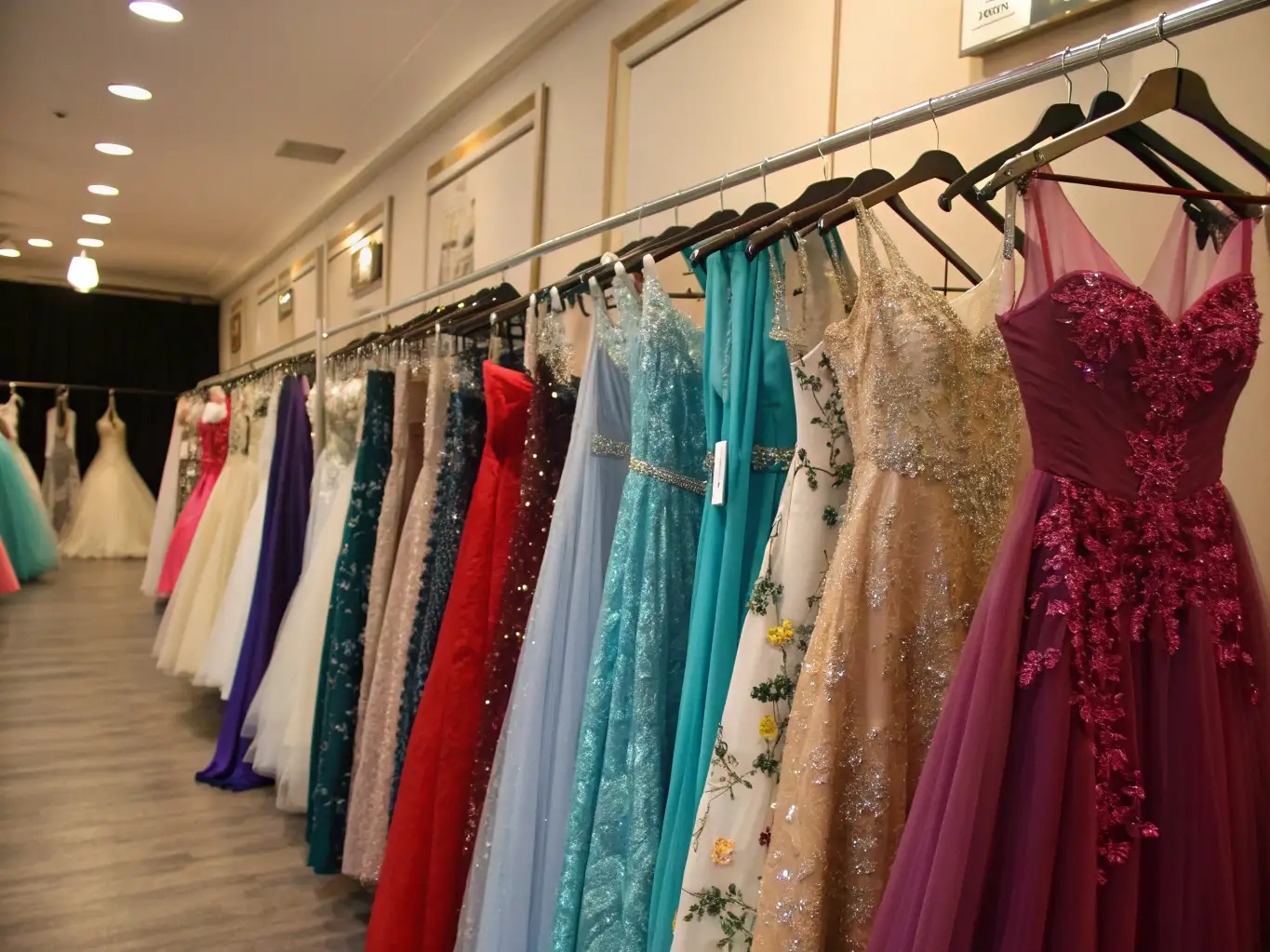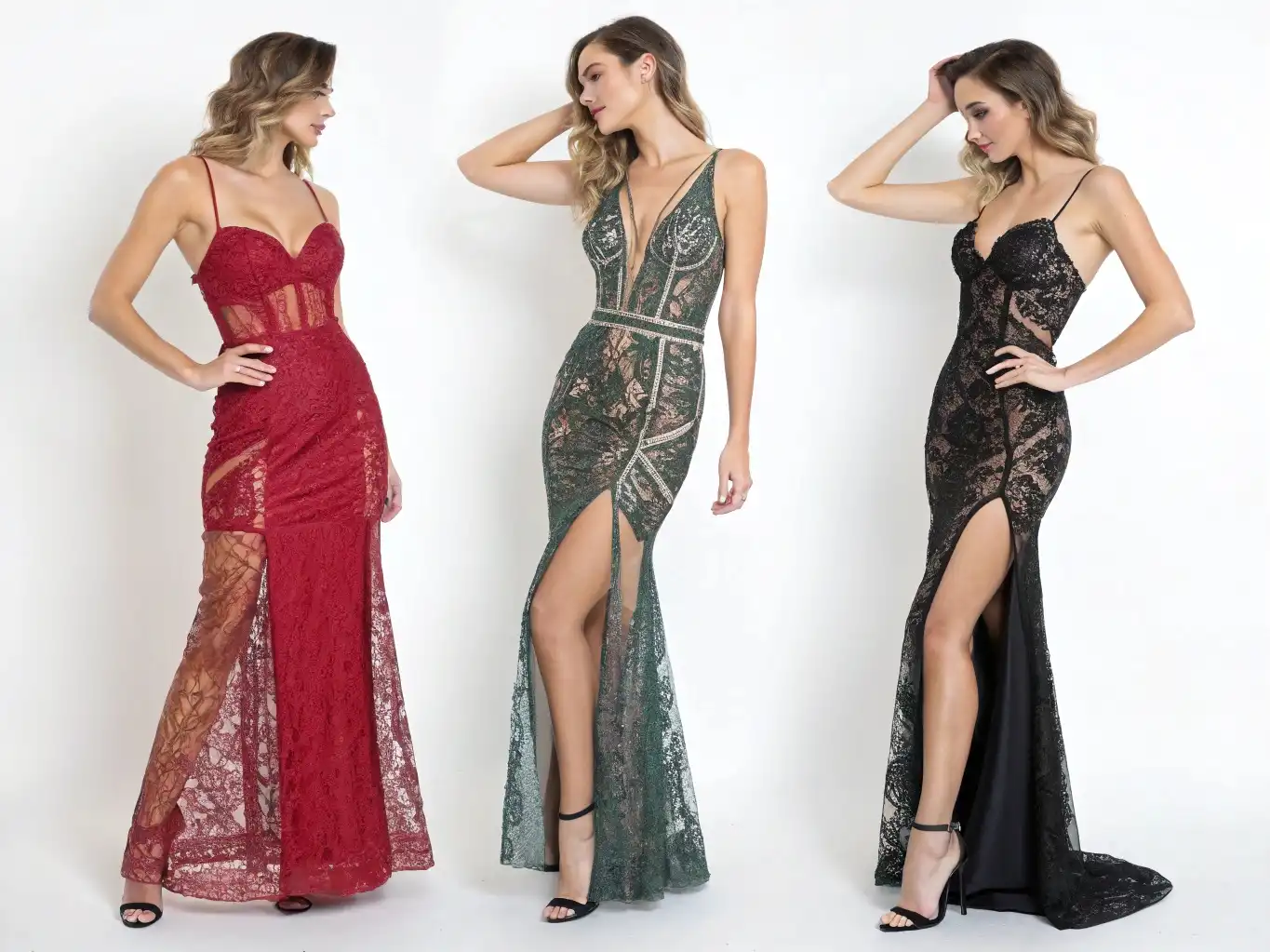Great clothing brands consistently stand out in a crowded market. Their appeal is more than just quality—there’s a combination of factors that make them successful.
The best clothing brands share key traits: consistent quality, strong branding, customer-centric designs, and a focus on innovation and trends. These elements build trust and loyalty.
From casual to luxury, great brands resonate with customers through attention to detail. Let’s explore what makes these brands truly exceptional.
What do the best brands have in common?
The most successful clothing brands excel in more than just their products. They connect deeply with their audience.
Top clothing brands focus on quality, originality, and emotional connection1. They understand their target audience and stay consistent across all customer touchpoints.
Key Traits of Top Brands
Here are the defining characteristics that top brands share:
| Trait | Why It Matters | Example |
|---|---|---|
| Consistent Quality | Builds trust and repeat purchases | Levi’s durable denim |
| Strong Identity | Creates emotional connections | Gucci’s iconic logo |
| Customer-Centric | Ensures relevance and satisfaction | Lululemon’s tailored fits2 |
| Innovation | Keeps the brand fresh and modern | Nike’s tech-enhanced fabrics3 |
These traits help brands stand out and maintain their position in the competitive market.
What is the most important thing in a clothing brand?
A successful clothing brand must focus on a core principle that drives all its decisions.
The most important thing in a clothing brand is its ability to consistently meet customer expectations, whether through quality, style, or service.
Consistency creates trust. When customers know what to expect, they remain loyal. Let’s dig into how this is achieved.
Consistency as a Foundation
Consistency applies to:
- Design: Staying true to the brand’s aesthetic.
- Quality: Using materials that uphold the brand’s reputation.
- Service: Providing exceptional customer experience, from the website to delivery.
Consistency isn’t just about repetition—it’s about continuously delivering value.
What defines a good brand?
A good brand goes beyond creating products; it creates a complete experience.
A good brand is defined by its identity, clear messaging, and ability to solve a problem or fulfill a desire for its target audience.
Building a Strong Brand Identity
Here’s what defines a good brand:
- Authenticity: Staying true to core values.
- Recognition: Being immediately identifiable through logos or designs.
- Connection: Forming an emotional bond with customers.
Think of Patagonia, which excels by combining sustainability with performance, creating a lasting impression.
What is the most popular feature of a good brand?
Certain features make clothing brands universally appealing.
The most popular feature of a good clothing brand is its ability to offer both style and functionality. This combination ensures its relevance and appeal.
Style Meets Functionality
- Versatility: Clothes that transition easily from work to casual outings.
- Comfort: Prioritizing wearability without compromising looks.
- Durability: Ensuring pieces last through seasons.
Uniqlo’s Heattech line4 is a great example—it combines technology with everyday practicality.
What defines a luxury brand?
Luxury brands are known for more than just price—they embody exclusivity and status.
A luxury brand is defined by its craftsmanship, premium materials, exclusivity, and strong heritage. These elements create a perception of prestige.
The Anatomy of a Luxury Brand
Luxury brands focus on:
- Artisanal Craftsmanship: Hand-made, limited production.
- Exclusivity: Limited access adds to the allure.
- Heritage: A rich history adds credibility.
Brands like Hermès exemplify this with their meticulously crafted Birkin bags, showcasing exceptional luxury brand craftsmanship5.
What does luxury mean in clothes?
Luxury in clothing is about the experience and status it offers.
Luxury in clothing means unmatched quality, unique design, and the feeling of exclusivity that comes from owning something extraordinary.
Emotional Value of Luxury
Luxury clothing is not just about materials; it’s about what it represents. Customers often pay for:
- Status Symbol: Reflecting wealth or taste.
- Rarity: Limited-edition or custom pieces.
- Personal Fulfillment: Feeling special when wearing the brand.
Luxury brands carefully design every touchpoint, from packaging to in-store experiences, to reinforce their value.
Conclusion
Great clothing brands share traits like quality, authenticity, and emotional connection. Whether mainstream or luxury, these factors define their success and customer loyalty.
-
Explains the role of authenticity and emotional branding in fostering customer trust. ↩
-
Highlights how Lululemon designs clothing tailored to customer needs and preferences. ↩
-
Showcases Nike’s use of technology and innovation to enhance clothing functionality. ↩
-
Details how Uniqlo integrates practical technology into everyday clothing. ↩
-
Explores the artisanal techniques that define luxury clothing and accessories. ↩







